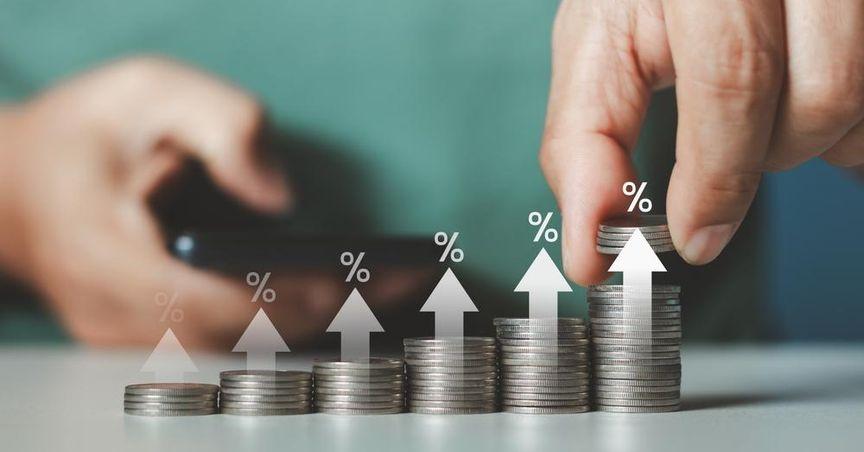Highlights:
- E-commerce dominance: Americans spent $10.8 billion online this Black Friday, reflecting the growing shift from in-store to digital shopping.
- Top product categories: Shoppers favored home appliances, furniture, makeup, and electronics like Bluetooth speakers and espresso machines.
- Mixed retail outcomes: Online-only platforms like Shein and Temu saw growth, while traditional department stores faced stagnant or declining sales.
Black Friday continued its transformation into an e-commerce juggernaut in 2024, with Americans spending $10.8 billion online, according to Adobe Inc. This milestone underscores the gradual shift from traditional in-store shopping to digital platforms. However, growth was moderate, up from $10.2 billion in 2023.
E-Commerce Takes the Lead
Vivek Pandya, lead analyst at Adobe Digital Insights, highlighted the significance of crossing the $10 billion threshold for online sales, a feat traditionally associated with in-store activity. Mobile shopping and technological advancements, such as chatbots, have fueled this transition.
Salesforce’s analysis offered a slightly broader picture, reporting $17.5 billion in U.S. online sales, a 7% increase compared to the previous year. Between 10 a.m. and 2 p.m., consumers spent $11.3 million per minute on platforms like Amazon and Walmart.
Product Trends: What Shoppers Bought
Black Friday shoppers gravitated towards practical and personal items. Home appliances and furniture saw significant demand, while beauty products, including skincare, makeup, and hair care, topped sales charts. Electronics such as Bluetooth speakers and espresso machines were also highly sought after.
Online-only retailers Shein and Temu experienced robust growth over the week, capitalizing on the e-commerce boom.
Stagnant In-Store Sales
In contrast to the online surge, in-store shopping experienced minimal growth. Mastercard reported a modest 0.7% year-over-year increase in physical store sales. Facteus noted a decline in brick-and-mortar transactions, with shoppers more inclined to browse than purchase in-store.
Big-box retailers like Best Buy and Target saw mixed results, with steady but unremarkable sales. Department stores like Macy’s and Kohl’s were predicted to face “muted” outcomes, reflecting broader challenges in traditional retail.
Impact of Inflation and Consumer Preferences
Despite inflationary pressures, key holiday categories like clothing, sporting goods, and personal care products showed stable or declining prices, according to Mastercard’s chief economist, Michelle Meyer. This pricing stability likely contributed to the sustained interest in online shopping.
The Road Ahead
The 2024 Black Friday sales highlight a pivotal moment for retail, with digital platforms becoming the dominant shopping destination. The continued evolution of consumer behavior and technological adoption will shape future retail landscapes, offering opportunities for digital-first retailers and challenges for traditional stores.





